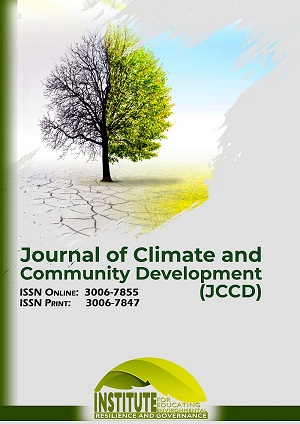Air Pollution in Urban Pakistan: Understanding, Sources, Differences and Similarities of Pollution
Keywords:
Air Pollution, Air Quality Index, Karachi, Lahore, Islamabad, Particulate matter, Vehicular emission, Industrial Pollutants, SmogAbstract
This study investigates the persistent air pollution issues in the urban centers of Pakistan, specifically Lahore, Karachi, and Islamabad, examining the key sources, socio-environmental impacts, and mitigation strategies. It highlights the major contributors to pollution, such as vehicular emissions, industrial pollutants, and crop residue burning, with a particular focus on seasonal variations like winter smog. By utilizing a mixed-method approach, the study analyzes air quality data, health statistics, and policy effectiveness. Theoretical frameworks of Ecological Modernization Theory (EMT) and Political Ecology are applied to offer a comprehensive view of the problem, focusing on technological solutions, institutional reforms, and the socio-political dynamics of pollution. The findings underscore the need for region-specific mitigation measures, better enforcement of environmental regulations, and public awareness campaigns. This research contributes to understanding the similarities and differences in pollution across the three cities and proposes evidence-based approaches for improving air quality, including the adoption of electric vehicles, clean energy, and improved public transportation.
Downloads
Downloads
Published
Issue
Section
License

This work is licensed under a Creative Commons Attribution-NonCommercial-NoDerivatives 4.0 International License.







